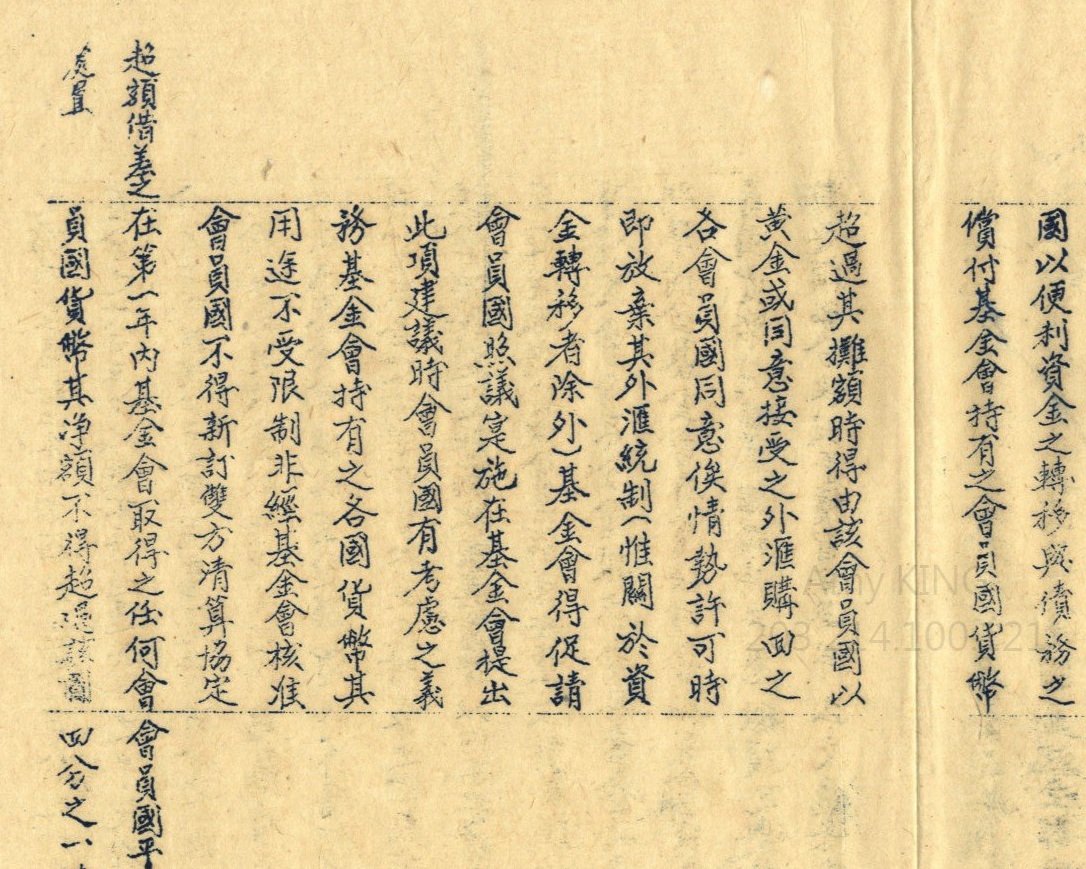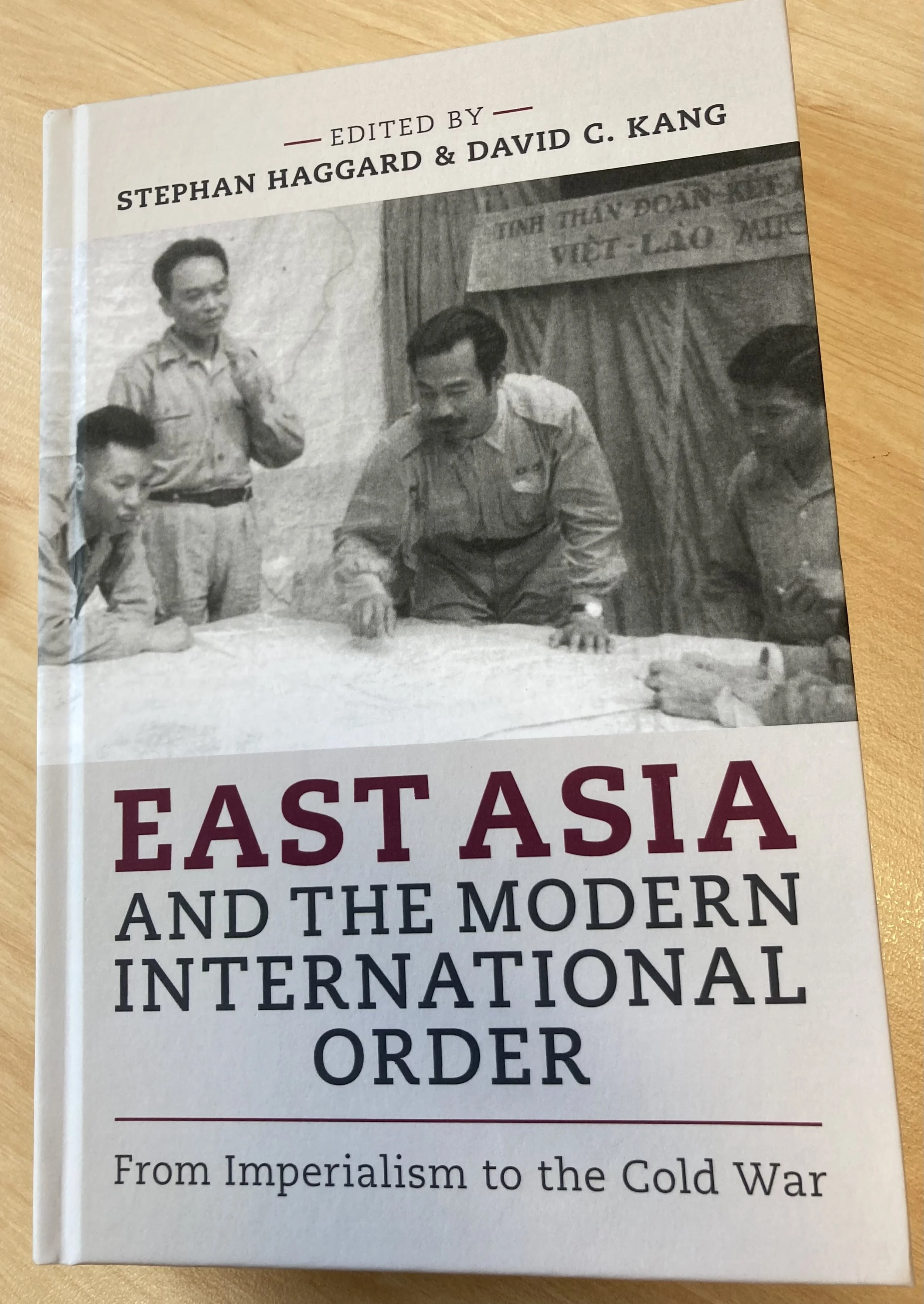
— FEATURED PROJECT
How China Shapes International Economic Order
Investigating China’s role in shaping the post-World War II international economic order, and the contemporary legacies of China’s historical economic ideas.
— RATIONALE
Why look at China and international economic order?
Since 2013, China has launched bold new institutions and projects, such as the Asian Infrastructure Investment Bank (AIIB) and Belt and Road Initiative (BRI), as part of an ambitious attempt to reform the global economy to make it ‘more just, equitable and effective’ for developing nations. But the economic ideas underpinning these institutions and projects are not new.
Recently discovered archival records reveal that between 1944 and 1955 Chinese economists, state planners and government officials were at the centre of efforts to reconfigure the post-WWII international economic order.
This project investigates the mutual constitution of Chinese and international economic ordering ideas, from the Bretton Woods conference in 1944 to the Bandung conference in 1955, and the contemporary legacies of China’s historical economic ideas.
— FEATURED WORK
Journal Article
Power, shared ideas and order transition
How did China work with the US to shape the post-WWII economic order? In a new paper in the European Journal of International Relations, Amy King explores how weak and powerful states work together to shape an order’s shared ideas.
Podcast
Norms, Storytelling and International Institutions in China
In a new podcast, Dr Xiaoyu Lu and Oxford University’s Professor Rosemary Foot discuss Xiaoyu’s new book, Norms, Storytelling and International Institutions in China: The Imperative to Narrate.
— NEWS & UPDATES





